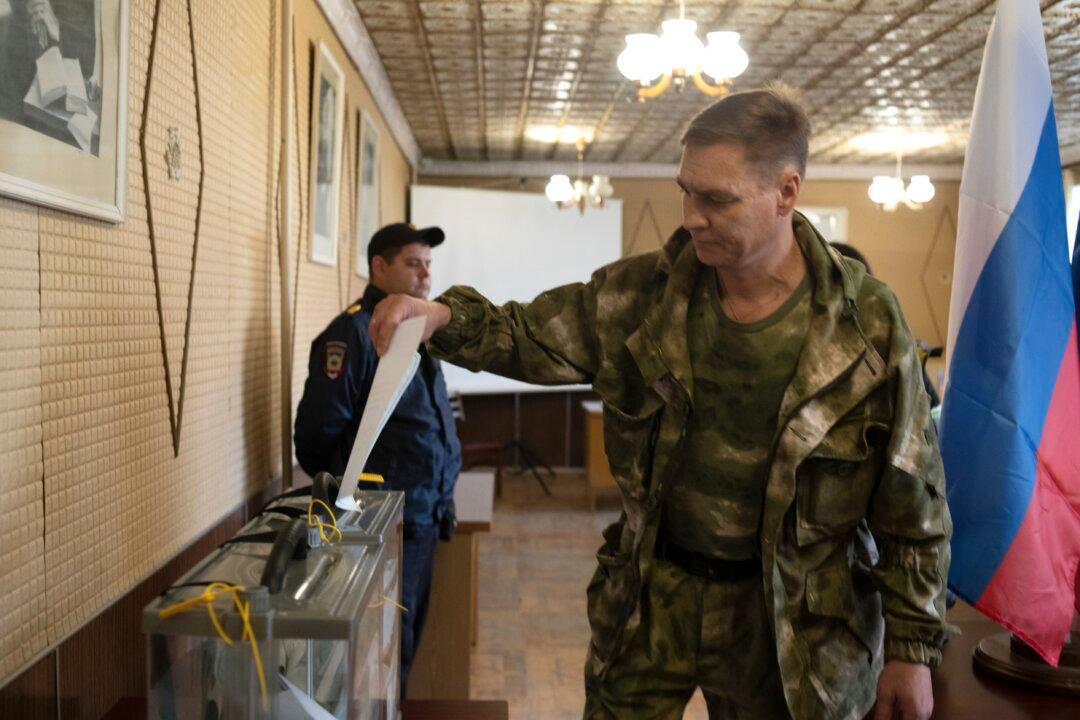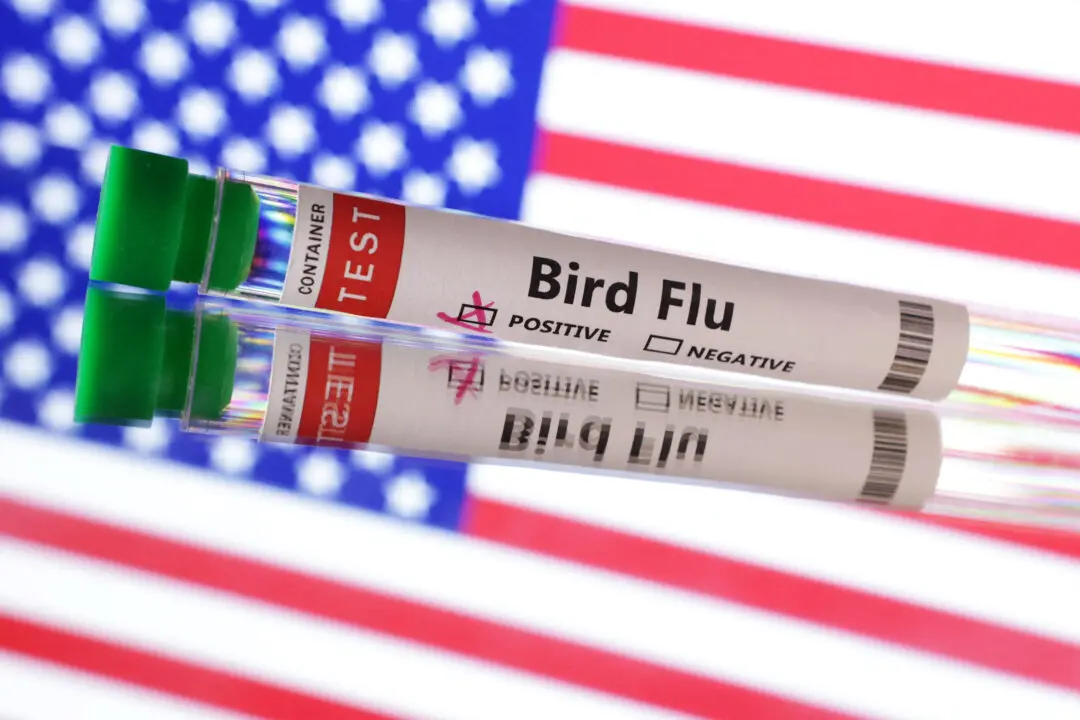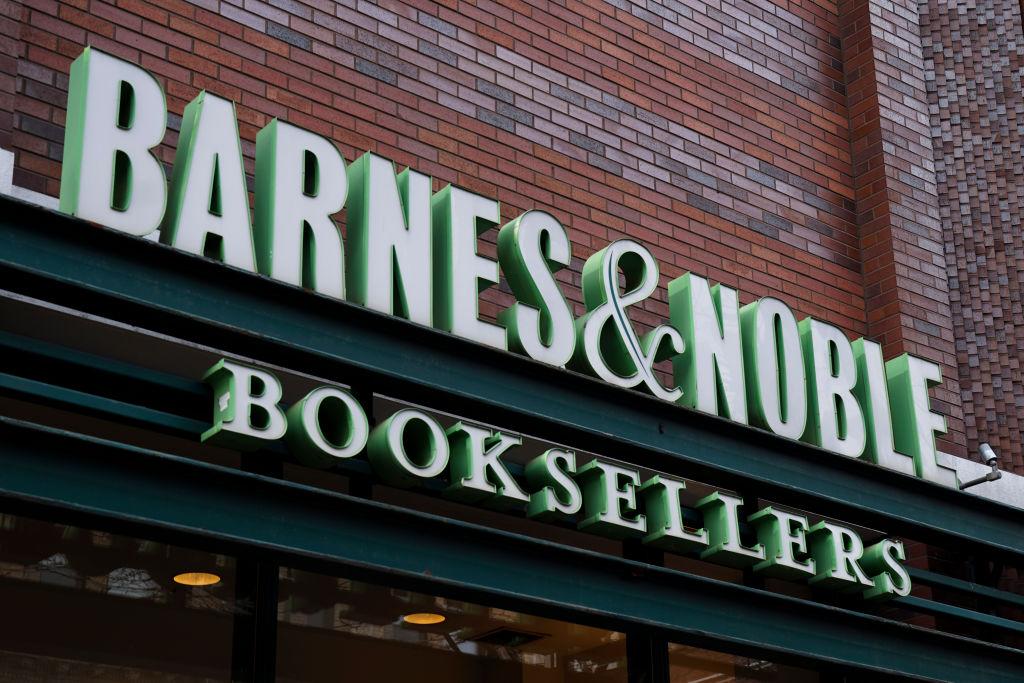A Kremlin-orchestrated referendum got underway Friday in four occupied regions of Ukraine that sought to make them part of Russia. The move drew condemnation from Kyiv and Western nations who dismissed the votes as a sham and pledged not to recognize their results.
Voting in the provinces of Luhansk, Donetsk, Kherson, and Zaporizhzhia in the east and southeast, representing about 15 percent of Ukrainian territory, was due to run from Friday to Tuesday.




